Compassionate Exchange: A Path of Mutual Recovery to Unconditional Health
Learn how Karuna Training’s compassionate exchange practice can open our hearts to others and cultivate connection. The post Compassionate Exchange: A Path of Mutual Recovery to Unconditional Health appeared first on Lion’s Roar.

This post is sponsored content, paid for by Karuna Training.
Cultivating Connection and Basic Sanity Through Mutual Healing
Most of us crave genuine connections. However, society often feels isolated, especially with the rise of instant communication. Compassionate exchange is an antidote, helping us overcome the ‘othering’ we unconsciously practice. Karuna Training equips you with practical skills to combat isolation, work skillfully with difficult emotions, and foster relationships.
What is Compassionate Exchange?
Compassionate exchange involves opening our hearts to others, regardless of backgrounds, and connecting through our basic sanity. These exchanges can be formal or spontaneous, like a brief moment in a grocery line. The essence lies in offering ourselves from the heart; its quality isn’t determined by duration.
The Role of Meditation in Compassionate Exchange
Meditation involves relaxing into the body, a vital part of compassionate exchange. By grounding ourselves physically, we establish an authentic presence, enabling more profound connections with others. This practice aligns our body, speech, and mind in the present, revealing our “Basic Sanity”—unconditional health and intrinsic well-being nurtured through trust in openness. Through Embodied awareness, we serve as vessels of basic sanity in our interactions, acknowledging our suffering while holding space for another, paving a path of mutual recovery.
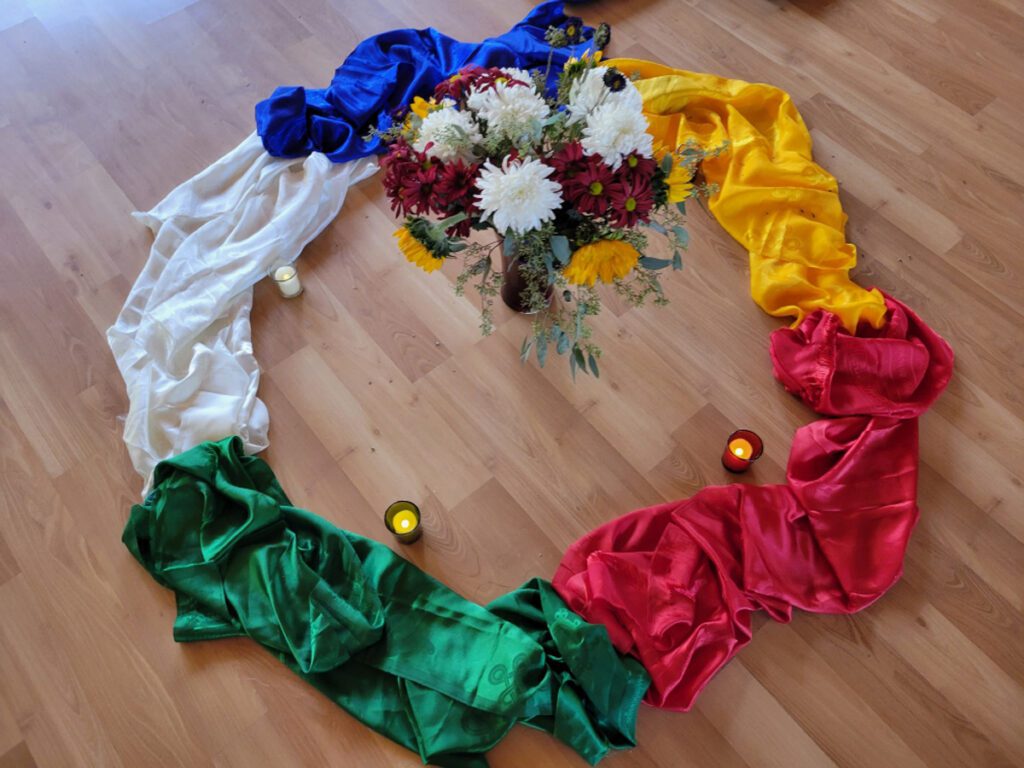
Understanding Nonverbal Communication in Compassionate Exchange
Exchange happens constantly. For instance, we might sense negative vibes from someone and conclude, “They’re mad at me.” While we may perceive energy accurately, our narratives often stem from conditioning. Training in compassionate exchange helps us recognize nonverbal cues and the interplay between our conditioning and others.
The Origins of Contemplative Psychology and Karuna Training
Contemplative Psychology, developed at Naropa University in the early 1970s, arose from teachings by Chögyam Trungpa and Dr. Ed Podvol, focusing on a Buddhist approach to psychotherapy. In the mid-1990s, Karuna Training emerged in Europe, offering skills beyond therapy. Its curriculum fosters compassionate exchange through cohort-based learning, emphasizing mutual support and shared experiences. Participants practice alongside peers, refining skills in real-time interactions in a safe environment for exploring vulnerability.
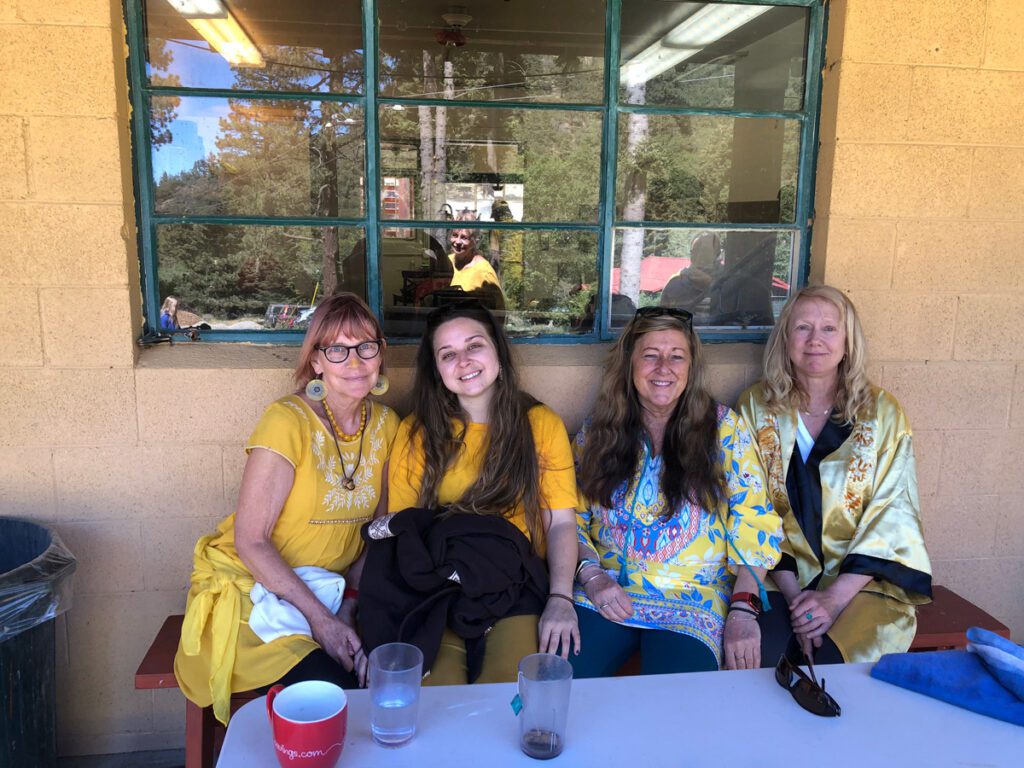
Practicing Compassionate Exchange in a Cohort Setting
Karuna Training emphasizes practice within a supportive cohort. Participants balance internal experiences with interactions. This nonjudgmental awareness awakens us to our conditioning, promoting mutual healing. Compassionate exchange becomes a contemplative practice—a path of deep learning without definitive outcomes.
Maitri Space Awareness: A Complementary Practice
Maitri Space Awareness, introduced by Chögyam Trungpa, complements compassionate exchange by embracing kindness toward our psychological patterns. This practice uses the Tibetan Mandala of the Five Buddha Families, exploring energies through meditative postures and aimless wandering in nature. This process reveals habitual tendencies, allowing practitioners to transmute confusion into wisdom. Recognizing these patterns enables us to approach exchanges with greater awareness, creating opportunities for deeper understanding and healing.
In Karuna Training, Maitri Space Awareness practiced in the community enhances understanding of energy movement—from confusion to wisdom. This experiential approach uncovers the invisible conditioning we bring to interactions, helping us engage with others more skillfully and compassionately.
The Impact of Compassionate Exchange
Karuna Training’s compassionate exchange practice provides a framework for connecting with others without relying on therapeutic speculation, fixing others, or proving expertise. Many therapists find this approach liberating, as it frees them from traditional protocols and encourages genuine presence. Compassionate exchange invites us to tap into the wisdom of basic sanity, offering ourselves fully in the present moment to foster mutual healing and connection.
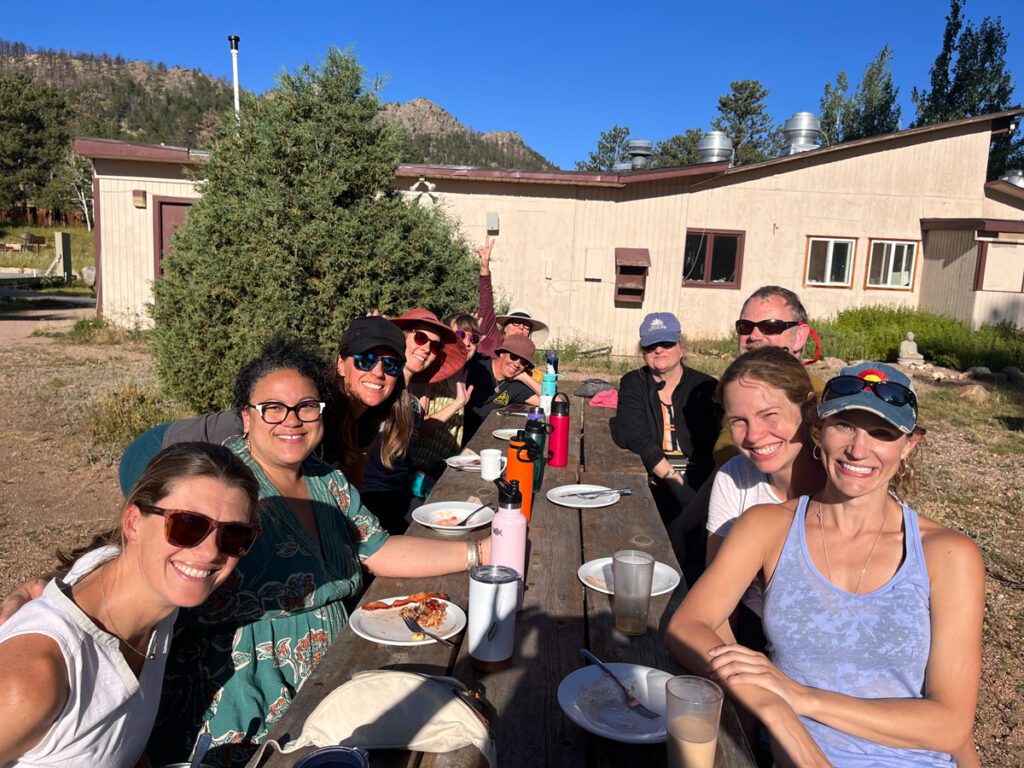
Introducing the Next Generation of Our Karuna Basic Training Program
Ready to deepen your connection with others and cultivate compassionate exchange? Apply for Phase One of the Karuna Basic Training Program and begin your journey toward a deeper understanding of mindfulness, embodiment, and mutual healing. All are welcome to apply.
Phase 1: May 2025 – January 2026
Topics: Mindfulness Awareness, Embodiment Training, Community Process, Compassionate Exchange 53 hours of in-person retreat, 32 hours online, 33 CEs availablePhase 2: May 2026 – May 2027
Topics: Five Buddha Families, Maitri Space Awareness, Social Action, Societal Awareness 112 hours in-person, 78 hours online, 62 CEs availableTo receive full certification in Contemplative Psychology, both phases must be completed consecutively. Join us in May 2025 and experience the power of compassionate connection—don’t wait, learn more, and apply today!
To learn more about Karuna Training, sign up for our newsletter and join us online on March 1, 2025, for a FREE one-hour Karuna Live! The Power of Play, or sign up for one of our courses, which will introduce Phase One of Karuna Training’s Basic Training Program, now enrolling and will begin in May 2025.


 Lynk
Lynk 







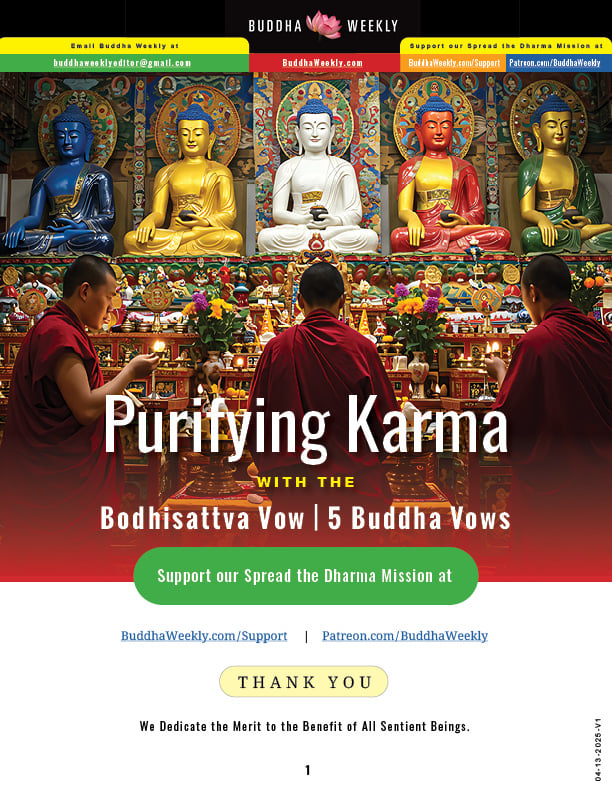
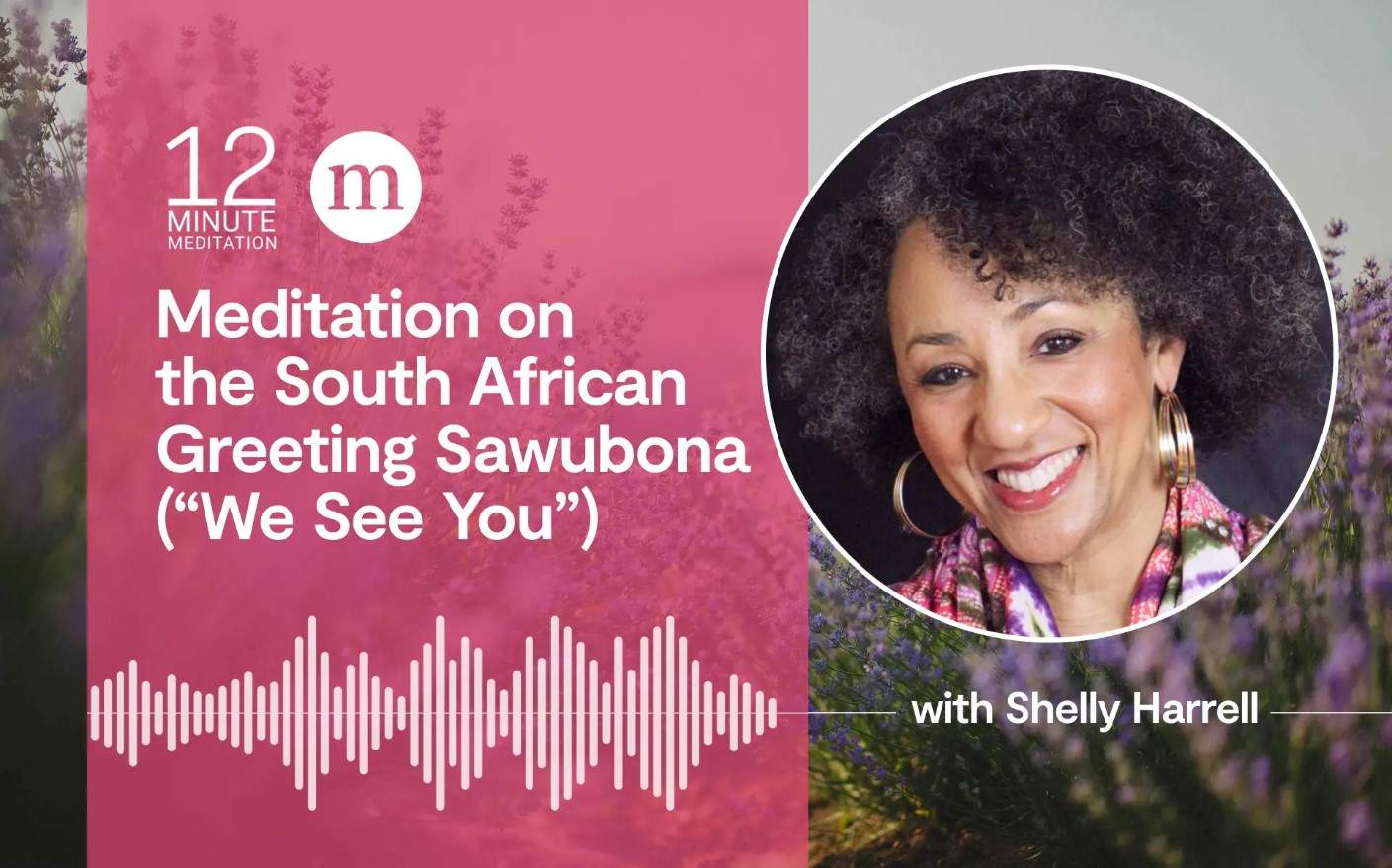
















_1.jpg)




